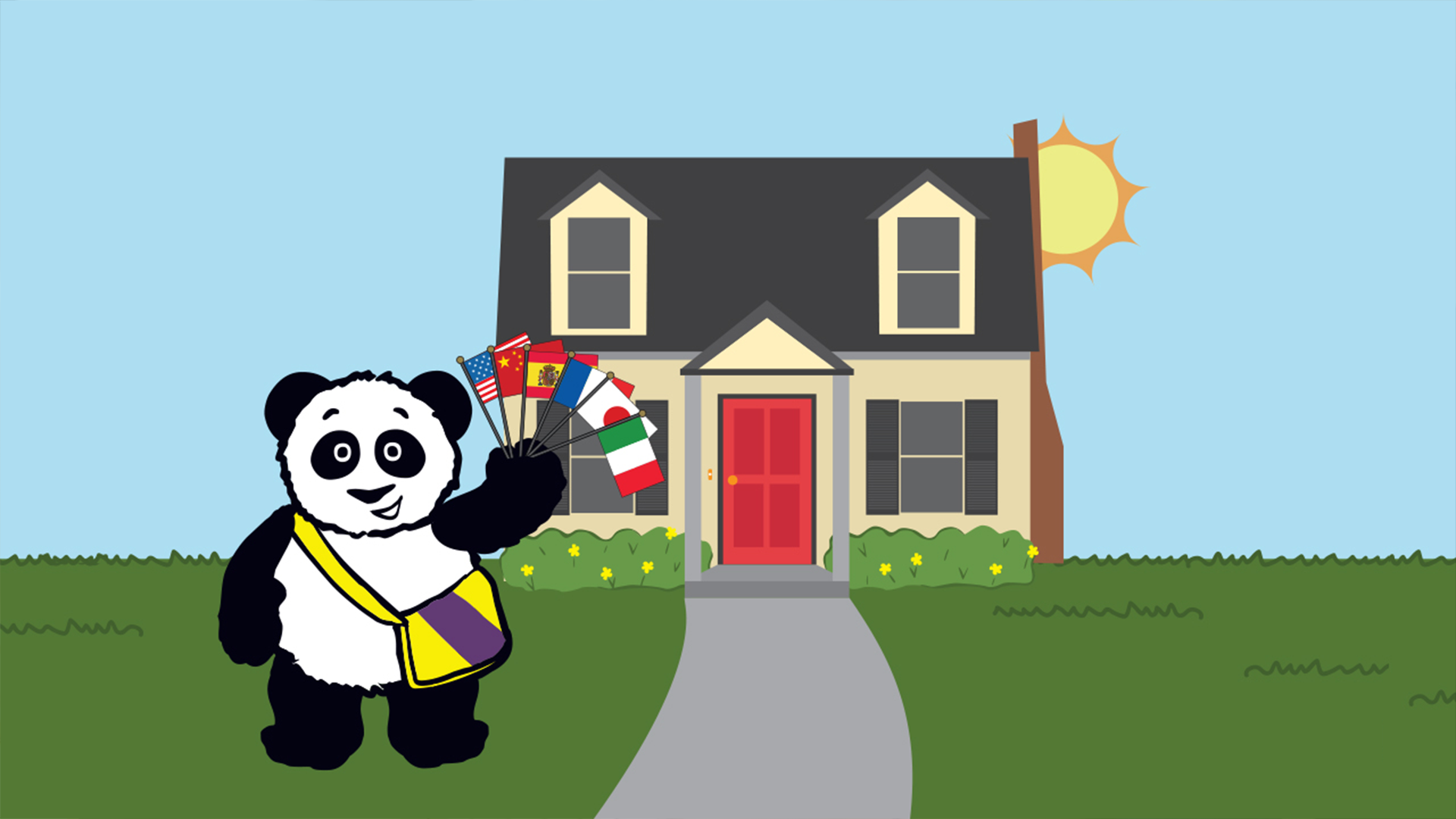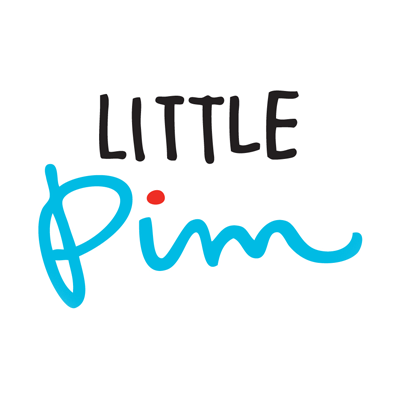
LITTLE PIM BLOG
Brad and Angelina, Fans of Little Pim and Multilingual Education
Brad Pitt recently said in an interview that raising multilingual children and spending so much time in France is making him wish he'd learned a foreign language (Parade, September 9th). While it's never too for Brad or any adult who wants to pick up another language, experts agree it is much easier to learn a new language before the age of seven. We've all seen how easily young children soak up information, and their brains are hard-wired to absorb up to three languages with ease.
The Jolie-Pitt children are all learning French and we're proud to be a part of their language education. Last November, Angelina Jolie told US Weekly that she was using Little Pim to teach Shiloh French.
Whether you're a celebrity parent or not, giving your child the gift of a second or third language is something you'll never regret. And they will thank you for their rest of their lives!

BiculturalFamily.org
Raising a child to be bilingual or raising a bicultural child can be a great joy yet also challenging to families who are just starting out. The two best things you can do to give yourself peace of mind is 1) Know that there are many families who have navigated these waters with beautiful, successful results and 2) Know that you aren't alone. BiculturalFamily.org is a wonderful resource for parents who'd like practical advice, how-to's, and stories from other parents on living a multicultural and/or bilingual lifestyle.
The online magazine is rich with content spanning the research of bilingual education, essays from readers, and more.
Their Playgroup section lists many offline opportunities for friendship and connection within the bilingual community.
Browse the website, make friends, and don't forget to have fun!

Unraveling How Children Become Bilingual
Unraveling How Children Become Bilingual Yahoo! picked up a great article by Associated Press medical author Lauran Leergaard on the widely discussed topic of how children learn languages with such ease. Scientists continue to unravel the neurology behind language learning. This research says that the ideal window for one to become fluent in a second language is between the ages of birth and age seven.
"While new language learning is easiest by age 7, the ability markedly declines after puberty."
And take note parents:
"Baby brains need personal interaction to soak in a new language — TV or CDs alone don't work."
That's why Little Pim was created in 5-minute episodes. It's the perfect length for you to stop the DVD and interact with your tot. Play with the new words together. We have several games and coloring pages to share on the website, and new print and music materials are coming soon to make Little Pim the multifaceted language learning resource you've always dreamed of!

Parents Want To Know: Can Learning Two Languages Cause Speech Delays?

Speaking to Metro Moms in Dallas, TX
As a mom, I am very sensitive to this issue - I know how eager I was for Emmett to speak once he began using a few words at age 18 months, and understand why mothers would be concerned about doing anything to delay speech in their children. There is widespread scientific research that proves that learning and/or exposing your child to a second language at an early age will not cause your child to speak English later or less well; that on the contrary, it is a boon. Yet because people used to think that there could be negative side effects to learning two languages as once, some people continue to think so. The fact is that babies, toddlers and preschoolers are actually able to learn up to three languages at once without confusion. Early foreign language exposure enhances a child’s primary language development, and his or her brain power. Experts have dismissed the idea that bilingualism can be confusing for a young child. “This idea was dramatically reversed in a landmark study by Elizabeth Peal and Wallace Lambert at McGill University in Montreal that showed a general superiority of bilinguals over monolinguals in a wide range of intelligence tests and aspects of school achievement” (Dr. Ellen Bialystok, Professor of Psychology at York University, Canada). Dr. Bialystok has even done studies that show that young children who speak a second language have a cognitive edge over monolingual children.
So go ahead and teach your little one "j'ai soif" or "tengo hambre" with confidence! You will be helping them to achieve a better accent and fluency later on and enhance their social and verbal skills.
To read more about the scientific studies supporting learning two languages go to http://www.littlepim.com/about/what-scientists-say/


